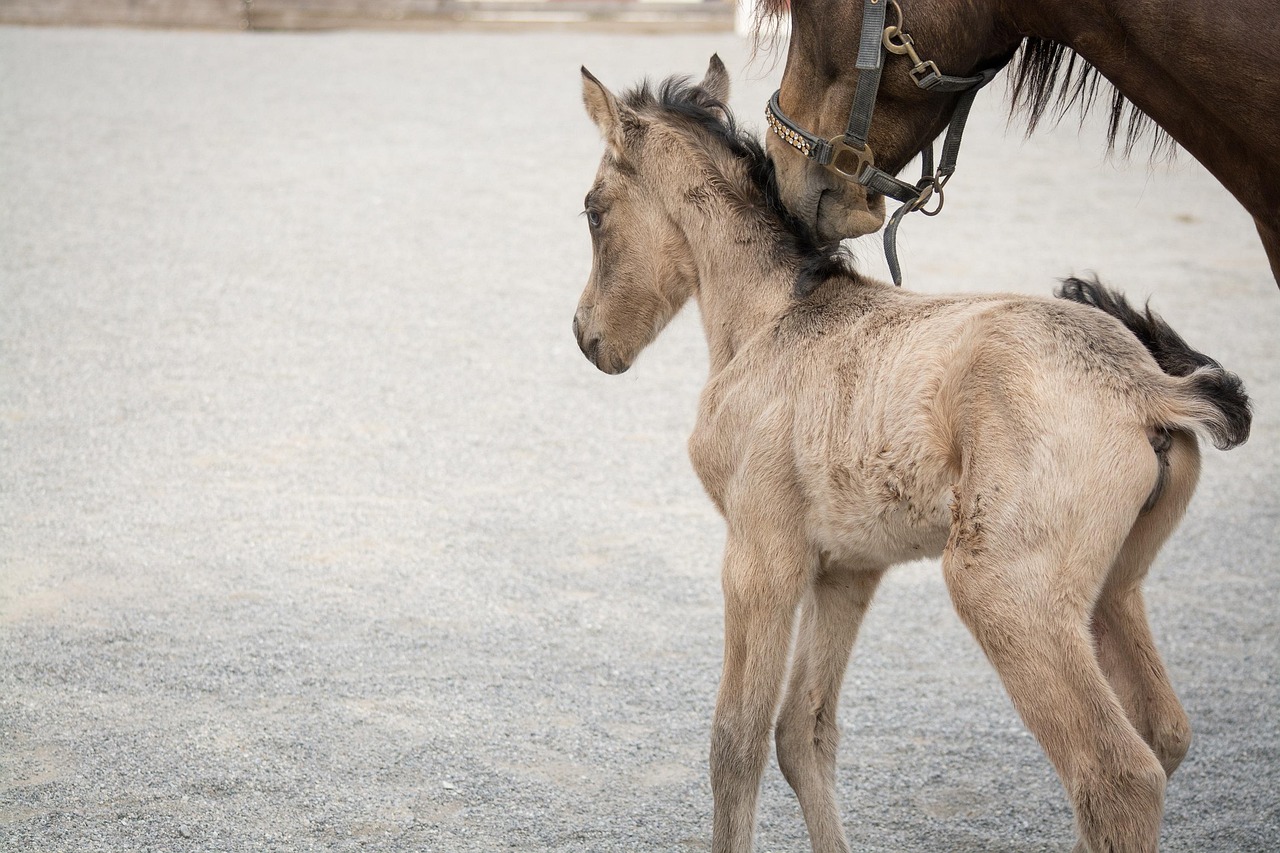Introduction to the World of Bulldogs
The Bulldog, with its unique appearance and affectionate nature, has captured the hearts of many dog enthusiasts around the globe. However, behind their endearing wrinkles and adorable underbites, Bulldogs often face a myriad of health issues that can significantly impact their quality of life. As an experienced journalist in the field of canine health, it’s essential to delve into the role of genetics in breeding healthy Bulldogs, exploring the complexities and potential solutions that can ensure these wonderful creatures live longer, healthier lives.
Understanding the Basics of Genetics in Breeding
Genetics play a crucial role in the breeding of any animal, including Bulldogs. The genetic makeup of a Bulldog determines not only its physical characteristics but also its predisposition to certain health conditions. Responsible breeding practices that prioritize genetic diversity and health testing are crucial in minimizing the risk of inherited diseases. This involves a deep understanding of genetics, including the principles of inheritance and the genetic disorders common in Bulldogs.
Common Health Issues in Bulldogs
Bulldogs are prone to a range of health issues, from respiratory problems due to their brachycephalic (short-nosed) skull structure, to skin infections and joint issues. The breed’s unique physical characteristics, while endearing, also contribute to these health challenges. For instance, their flat face can lead to breathing difficulties, especially in hot weather or during exercise. Additionally, their skin folds can trap moisture, leading to infections if not properly cared for. Understanding these health issues is the first step in addressing them through genetic selection and proper care.
The Genetic Component of Health Issues
Many of the health issues affecting Bulldogs have a genetic component. This means that breeders can influence the incidence of these conditions through selective breeding practices. For example, breeding dogs that have less extreme physical features, such as a slightly longer muzzle, can reduce the risk of respiratory problems. Similarly, selecting breeding stock with good joint health and minimal skin issues can help reduce the prevalence of these conditions in offspring.
Tools for Healthy Breeding
Several tools and techniques are available to breeders to help them make informed decisions about breeding healthy Bulldogs. These include:
- Health Testing: Many genetic disorders can be tested for, allowing breeders to identify and avoid using affected dogs in their breeding programs.
- Genetic Diversity Testing: This helps breeders understand the genetic diversity of their breeding stock, which is crucial for maintaining a healthy gene pool.
- Pedigree Analysis: Studying the family trees of dogs can provide insights into potential genetic disorders that may be present.
Case Studies and Examples
Looking at case studies and examples from renowned publications, we can see the impact of careful genetic selection on the health of Bulldog populations. For instance, a study that tracked the health outcomes of Bulldogs bred with a focus on genetic diversity and health testing showed a significant reduction in the incidence of inherited diseases compared to those bred without such considerations.
Challenges and Controversies
While the importance of genetics in breeding healthy Bulldogs is clear, there are challenges and controversies surrounding the issue. Some breeders may prioritize physical characteristics over health, driven by demand for dogs that conform to breed standards. Moreover, the process of genetic testing and diversity analysis can be costly and time-consuming, deterring some breeders from adopting these practices.
Addressing Challenges
To address these challenges, it’s essential for the canine community, including breeders, veterinarians, and owners, to work together. This can involve:
| Education and Awareness | Raising awareness about the importance of genetic health in breeding and the potential consequences of prioritizing physical traits over health. |
| Regulatory Measures | Implementing regulations that encourage or require breeders to conduct health testing and prioritize genetic diversity. |
| Support for Responsible Breeding | Providing support, both financially and through resources, to breeders who adopt responsible and health-focused breeding practices. |
Conclusion and Future Directions
The role of genetics in breeding healthy Bulldogs is multifaceted and critical. By understanding the genetic basis of health issues, utilizing health testing and genetic diversity analysis, and adopting responsible breeding practices, we can work towards a future where Bulldogs are bred to thrive, not just survive. As we look to the future, it’s essential that we continue to advance our knowledge of canine genetics and its application in breeding, always keeping the welfare and health of these wonderful animals at the forefront of our efforts.
FAQs on Breeding Healthy Bulldogs
Given the complexity of the topic, many questions arise regarding the best practices for breeding healthy Bulldogs. Here are answers to some of the most common queries:
– Q: How can I ensure I’m buying a healthy Bulldog puppy?
A: Look for breeders who prioritize health testing and genetic diversity. Ask about the health clearances of the parents and the genetic diversity of the breeding line.
– Q: Can Bulldogs ever be completely free of health issues?
A: While it’s unlikely to completely eliminate all health issues, responsible breeding practices can significantly reduce the incidence and severity of genetic disorders.
– Q: What role can owners play in promoting healthy breeding practices?
A: Owners can support responsible breeding by choosing breeders who prioritize health and genetic diversity, and by advocating for policies and practices that promote animal welfare.
As the journey to breed healthier Bulldogs continues, it’s heartening to remember that every step forward, no matter how small, contributes to a better life for these beloved companions. By embracing the challenges and opportunities presented by genetics, we pave the way for a future where Bulldogs can live their lives to the fullest, bringing joy and companionship to families around the world.

